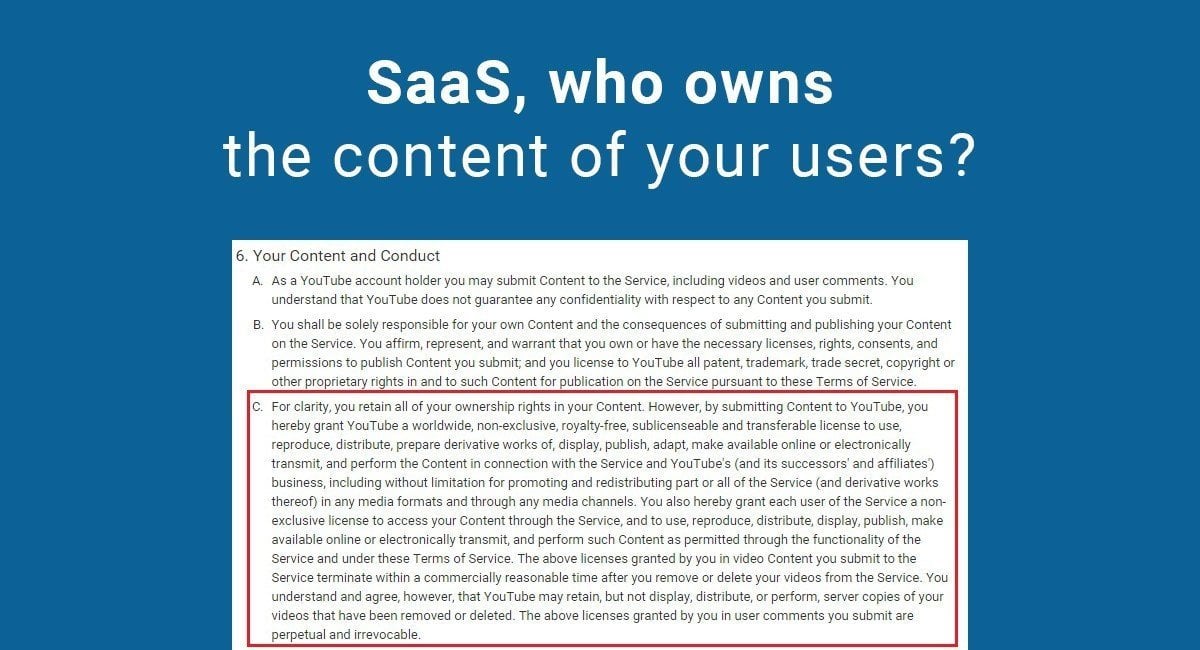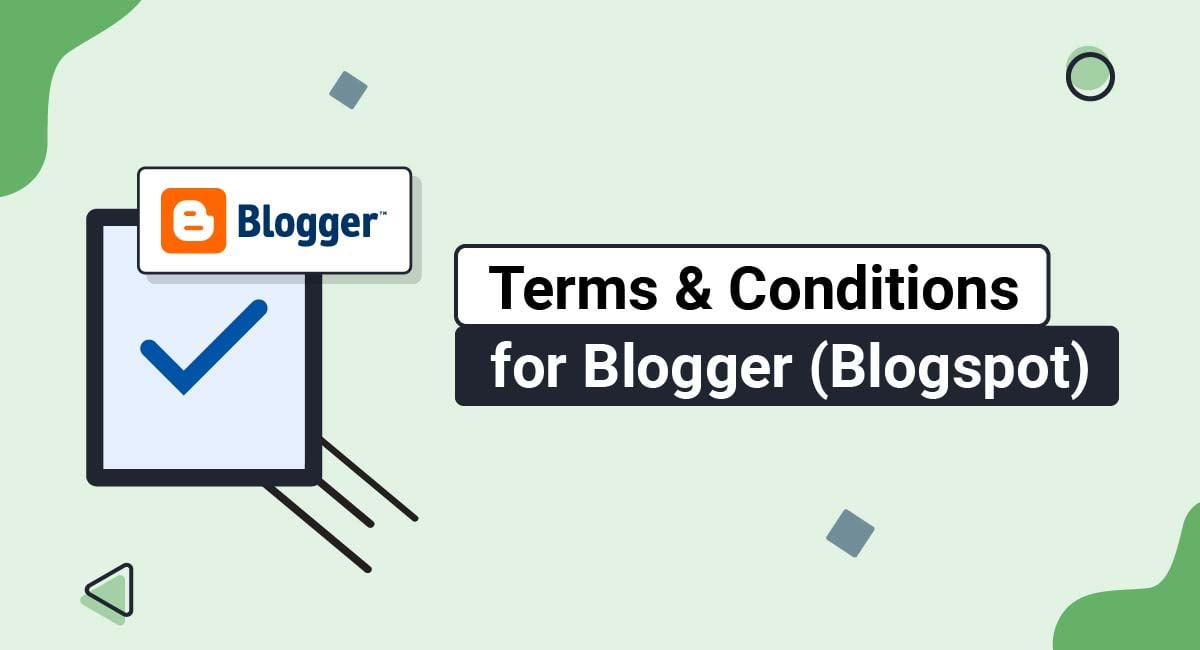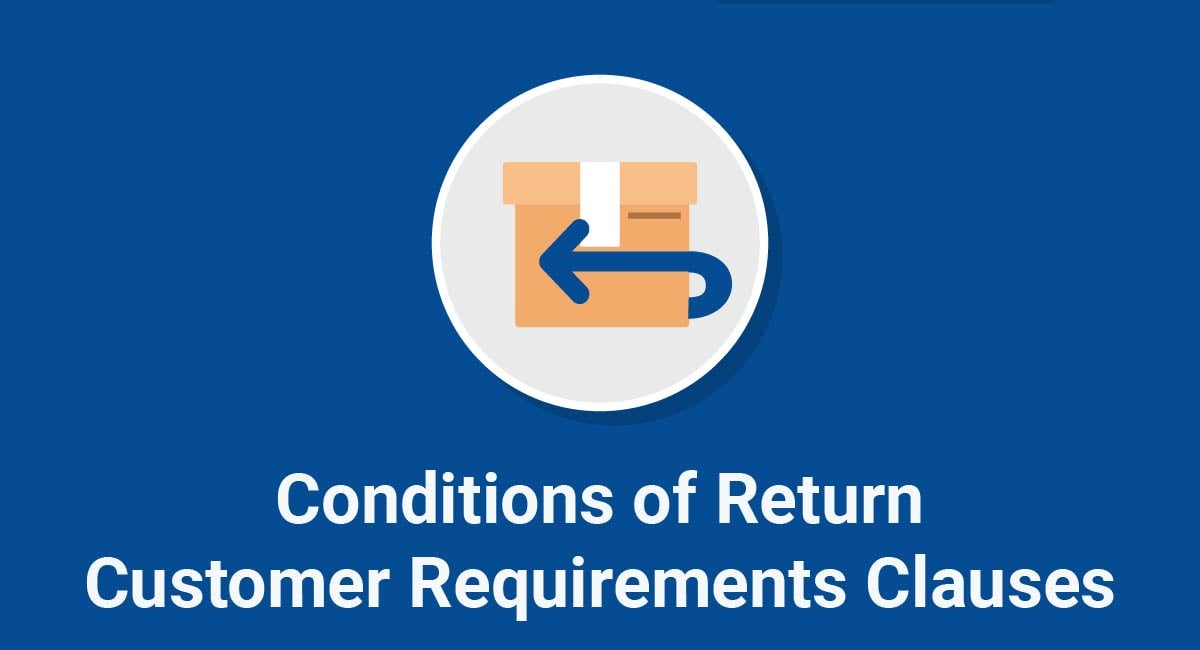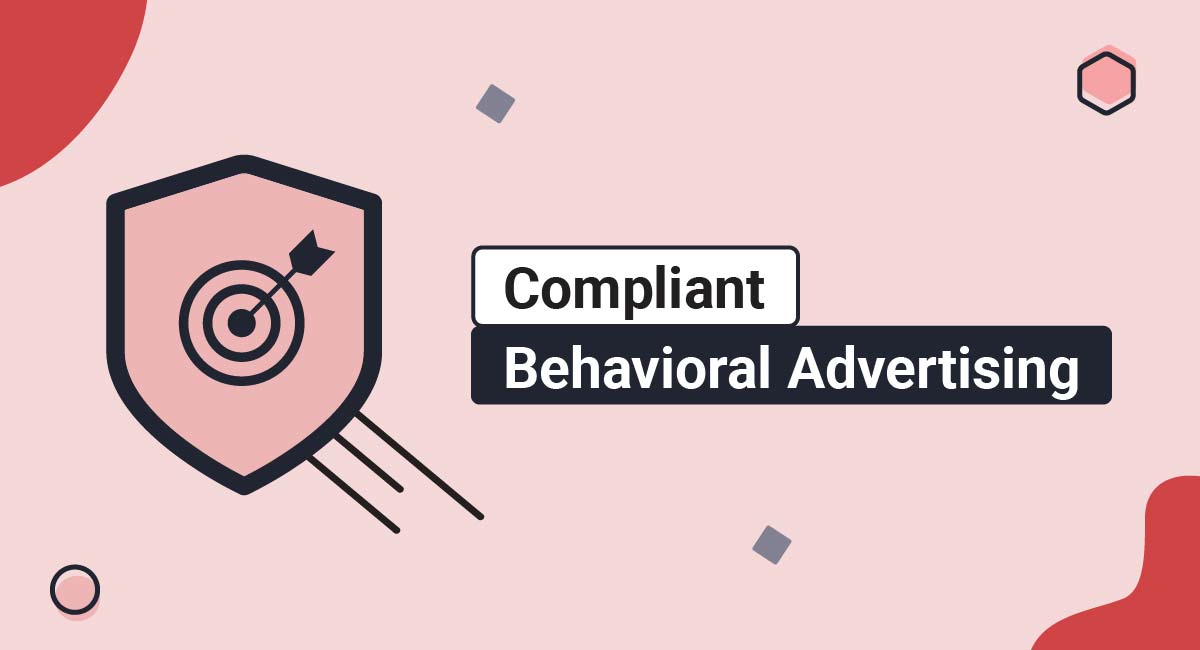When you create a SaaS product, user-generated content is one of the most common ways to build and grow a community within that app.
But if that content is created by users rather than you, who owns it? In intellectual property law, copyright is automatically granted to an original work. This means that your users, by default, own the content that they created on or using your app.
User-generated content provides great benefits to any online businesses, not just Software-as-a-Service business businesses, but it's important to set out clearly who owns the intellectual property (or IP) and how it's used so that your users know what to expect.
First, let's examine what intellectual property law sets out, and then cover how to create your Terms of Service agreement (or Terms & Conditions or Terms of Use) for your SaaS app so that your app can continue to use content that's created and owned by your users.
You need to have specific clauses for user-generated content in your Terms of Service.
Our Terms and Conditions Generator makes it easy to create a Terms and Conditions agreement for your business. Just follow these steps:
-
At Step 1, select the Website option or the App option or both.
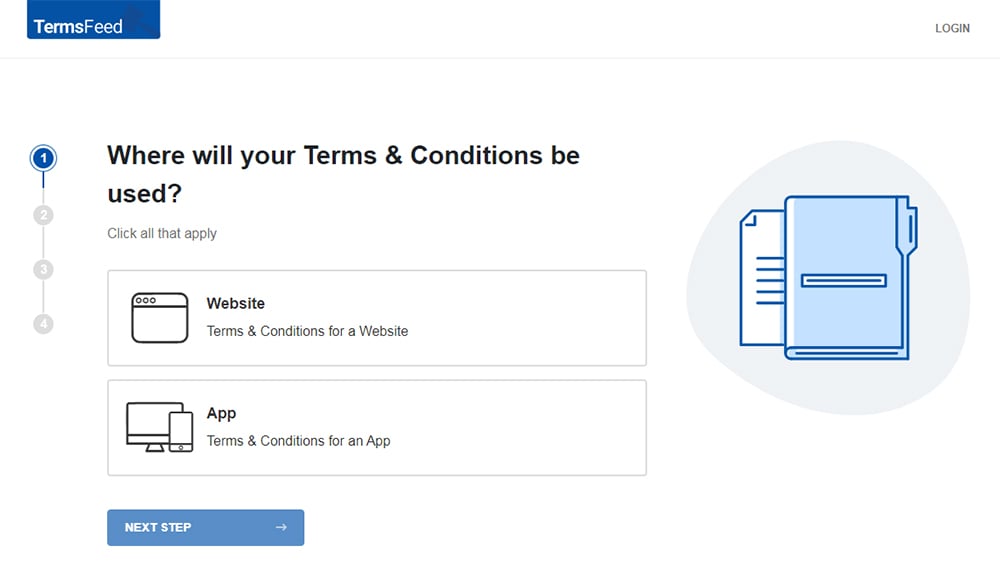
-
Answer some questions about your website or app.
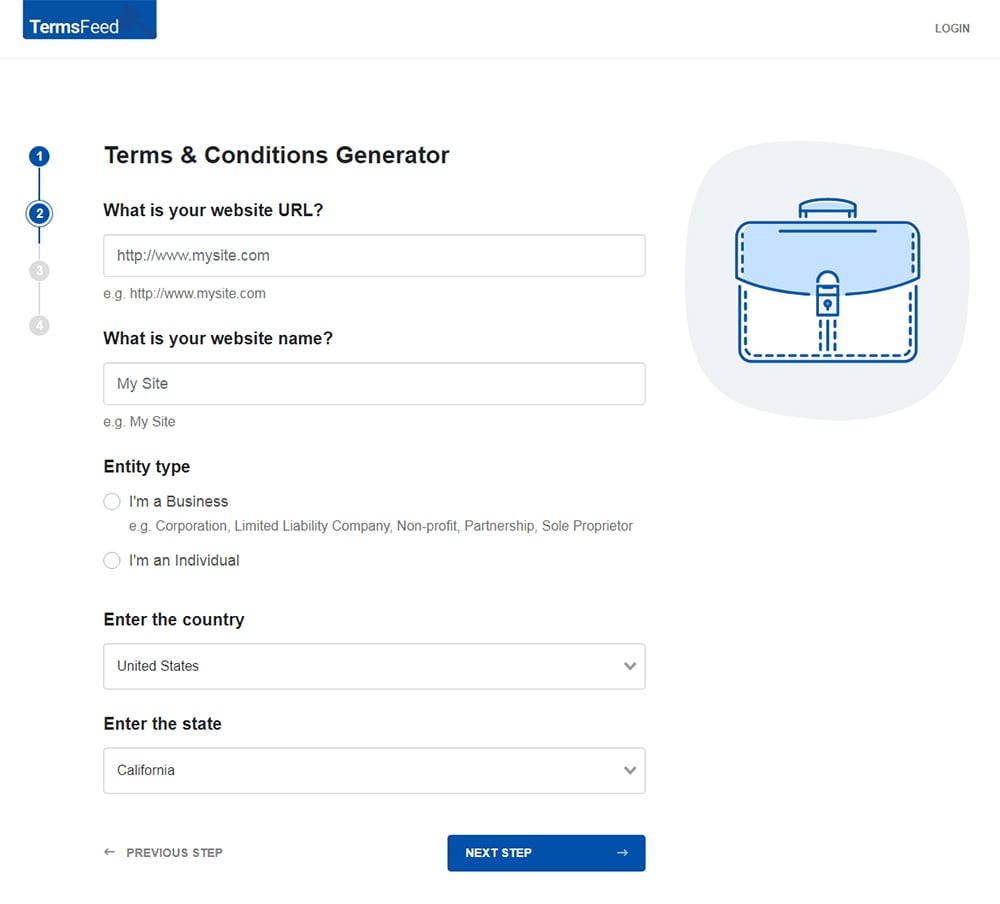
-
Answer some questions about your business.
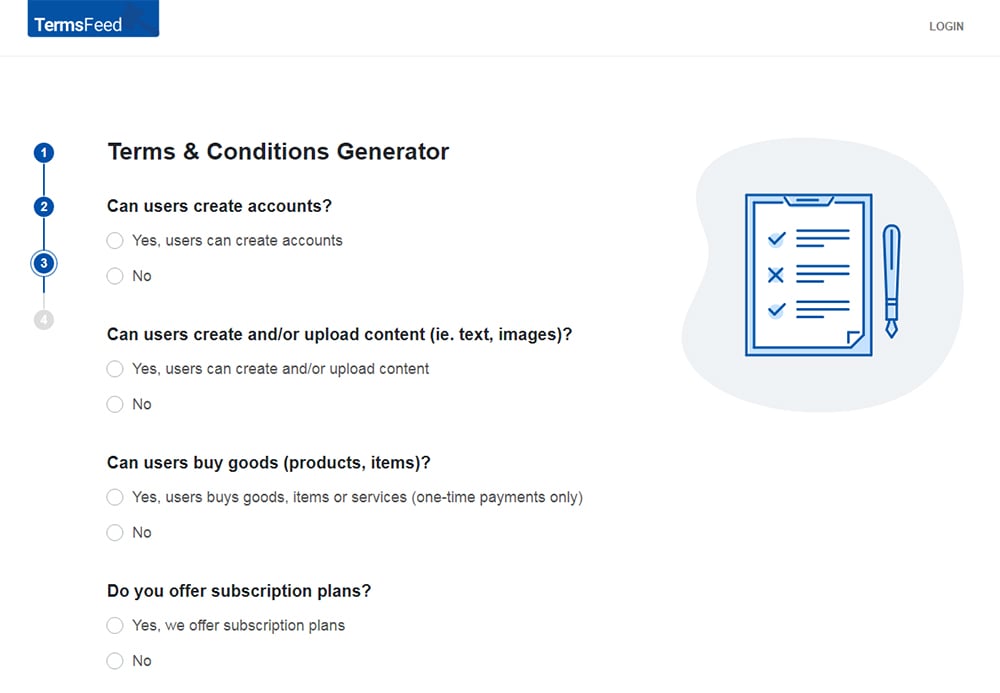
-
Enter the email address where you'd like the T&C delivered and click "Generate."
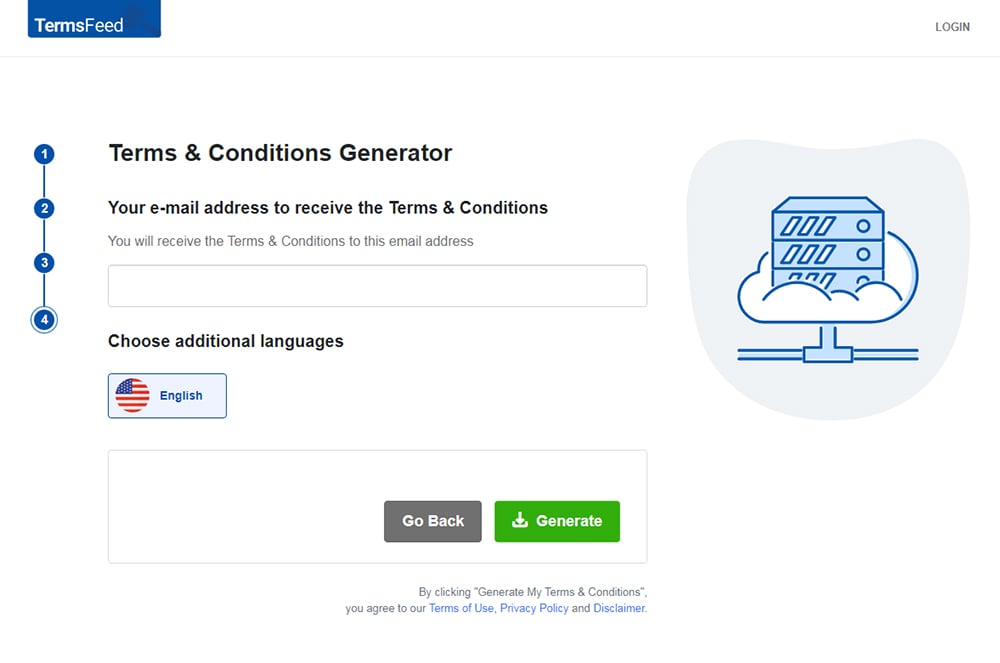
You'll be able to instantly access and download the Terms & Conditions agreement.
Your intellectual property
The 2 key things you need to consider with regard to intellectual property are:
- First, protect your own intellectual property such as trademarks and copyright
- Second, ensure that you don't infringe upon the intellectual property of others
Protecting your own intellectual property in a business that offers a SaaS product is the first step. You can include clauses in your Terms of Service agreement to set out what your intellectual property is, and how it can or cannot be used.
Ensuring that you don't infringe on the intellectual property of others, however, is a little more complicated if your SaaS product allows user-generated content to be used or shared on or within the product you provide.
When a person creates content that's unique, such as writing a story or building a game map that other players can walk around, they automatically gain intellectual property rights in that content, called copyright.
You can register copyright to make it easier to defend, but it exists by nature in any original work that is created by someone. This means that the content of your users is owned by them by default.
Copyright can be infringed by someone else reproducing, amending, displaying, or building upon the creative work.
If your product uses any user-generated content, or if other users can use it, it's highly likely that their use of the work will come under one of the above categories.
This means that in order for either you (your software product) or your users can use this user-generated content, you or such users need to get permission to use the content.
Now let's take a look at the clauses you should include in your Terms of Service agreement to protect your own IP rights and ensure that your software product can use the content generated by users.
Clauses for content licensing
First, you need to make a clear distinction between what's considered to be your own IP, and what's considered to be user-generated content that your product has a licence to use.
Here are two example clauses from Dropbox that set out what intellectual property is owned by Dropbox, and how Dropbox uses the content uploaded by its users:

and

You can see that Dropbox clearly sets out what user content may be uploaded to Dropbox, and who owns it (the users). They also explicitly state what they need permission to use the data for, and what the Dropbox system will do with the user data.
Your own clause in the legal agreement also needs to explicitly state that the user gives the service permission to do these things. Like Dropbox, you need to include a clause for users to grant a licence to you (as well as other users if user's content can be shared) to use the user-generated content.
Here's another example from Salesforce. Their Master Subscription Agreement sets out the proprietary rights (such as intellectual property rights) and licences that are granted:

You can see at Section 7.2 that Salesforce grants the user a licence to use Salesforce's content. Then, at Section 7.3, the Master Subscription Agreement sets out that the user grants Salesforce and its affiliates a worldwide, limited-term licence to use user-generated content for the purpose of them providing the Salesforce services.
The fact that the licence is limited term is important.
Your users may not want you to be able to use their content forever. So what happens if the user unsubscribes from your service or decides they don't want you to use their content anymore?
If users withdraw consent
There are a number of ways that you can deal with the situation where your user no longer wants you to be able to use their generated content.
First, you can explicitly state that the licence is perpetual rather than limited-term. This means that even if the user doesn't want to use the service anymore, your service can still use the content that they contributed to your product.
Or, you could look for events that signal the user's end of use of the service (such as unsubscribing) and pin the end of the licence term on that event.
Another method is ending the licence when the user removes their own content (if this is possible in your product). Here's an example from Vimeo that sets out how the licence is terminated:

Here's another example from YouTube:
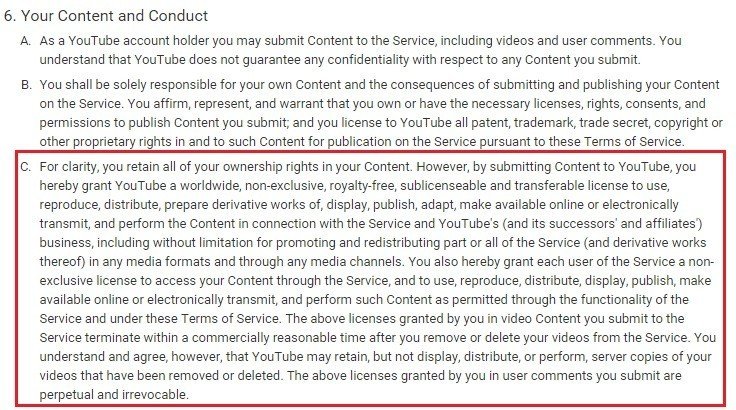
In the Youtube example, you can see that the licence to videos is different to the licence for comments. YouTube states at the bottom of clause 6C that licences granted with regard to user comments are "perpetual and irrevocable".
This means that even if the user deletes their YouTube account and removes all their videos, YouTube still retains a licence to display and use that user's comments on other videos.
Here's another example from Google that sets out that the licence continues even if the user stops using the service:

Consider your own software product and how it makes use of user-generated content.
For example, will it affect other users if one user terminates their account, and their content is removed upon that termination? If it won't affect the service or affect other users, ensure that the licence users grant is a limited-term licence.
If you need to continue using parts of user-generated content for the service to function, make sure the licence is perpetual.
However, if you decide to set up a perpetual licence in your Terms of Service, you need to be explicit that the licence continues even if the contract is terminated by the user ending their use of your services.
The default position is that users own their own content, as long as it is an original work created by them.
This means that your business (or your SaaS product) needs to get permission to use that content from the user (that's done through the Terms of Service agreement by inserting the necessary clauses) or you may be infringing your users' intellectual property rights.
Be sure to always protect your own intellectual property, and be sure to clearly distinguish between your own IP and the content or IP that's owned by your users.

Comprehensive compliance starts with a Privacy Policy.
Comply with the law with our agreements, policies, and consent banners. Everything is included.
